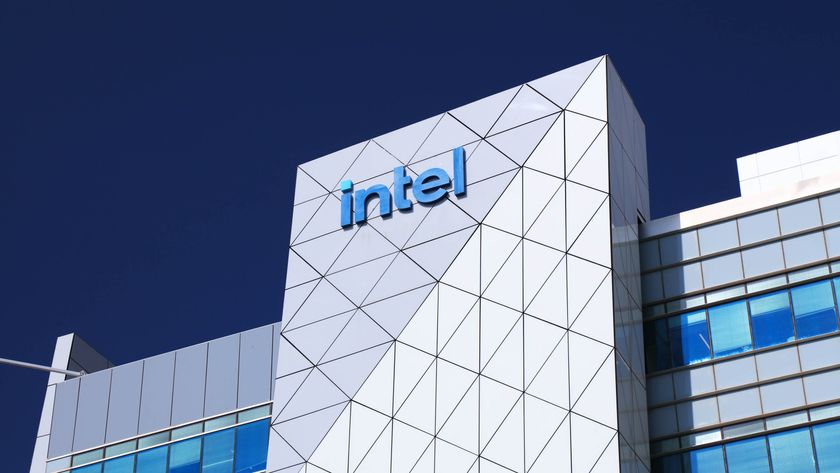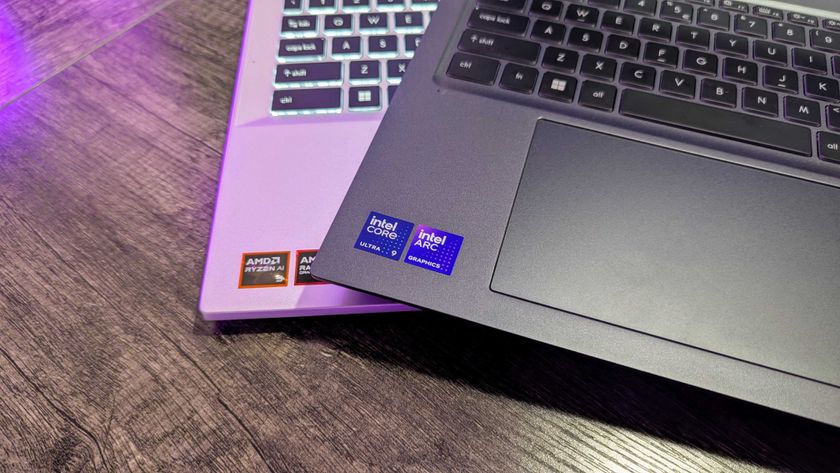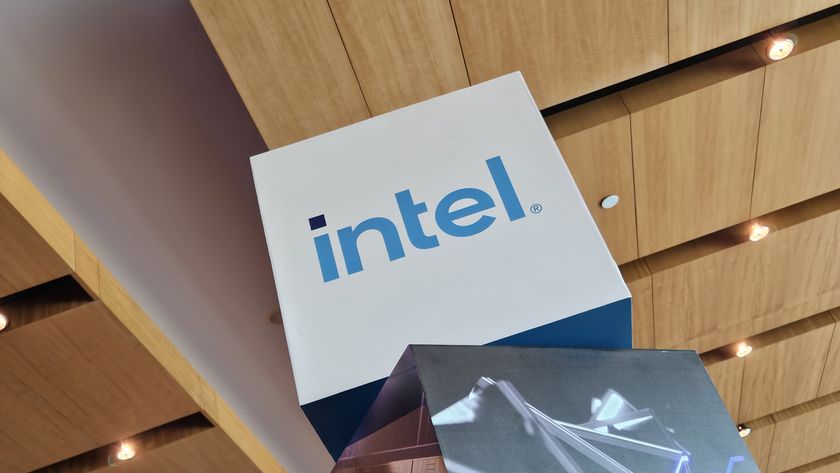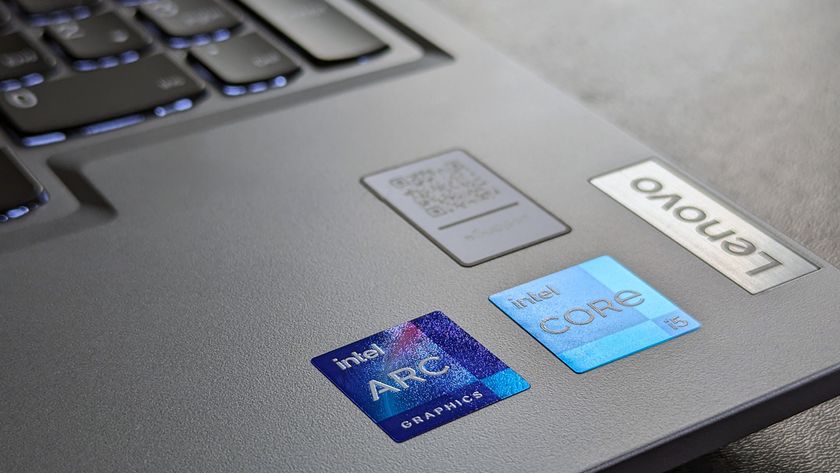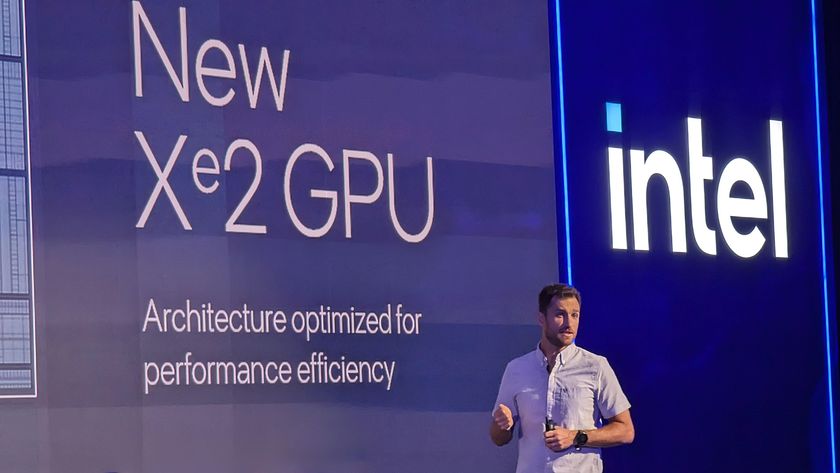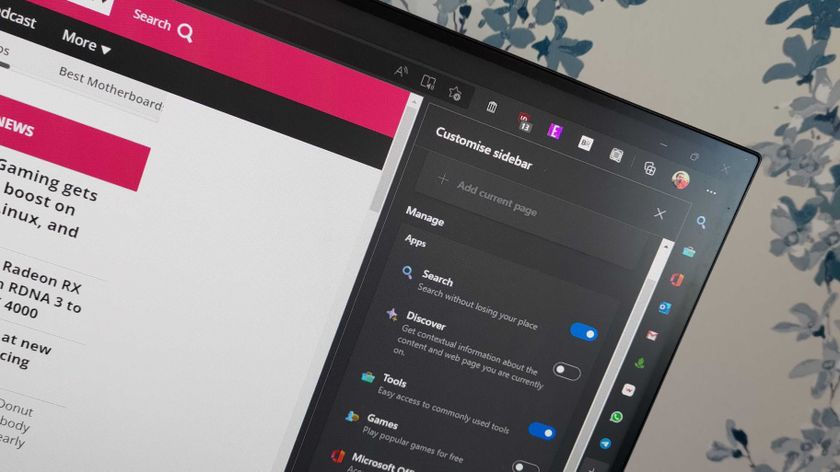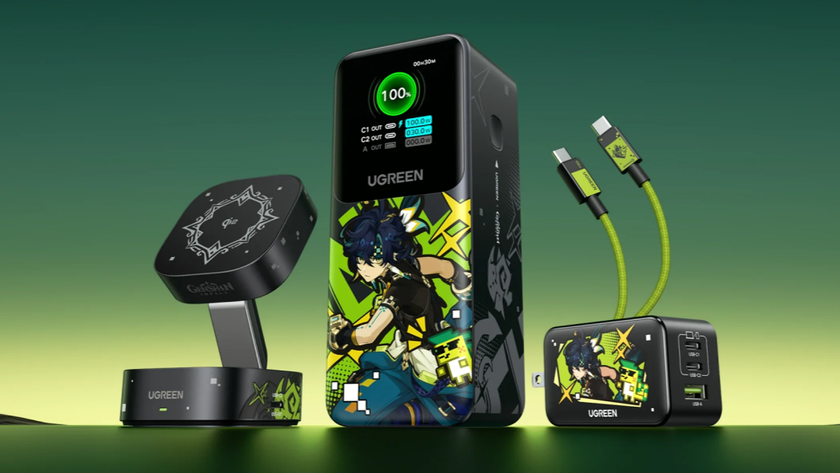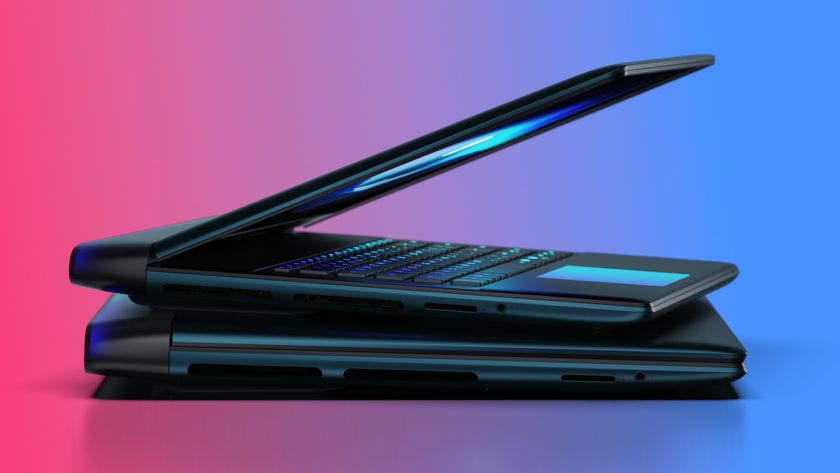Intel's Vaunt smart glasses beam information directly to your retina
Intel's prototype smart glasses give you information at glance – without looking ridiculous.
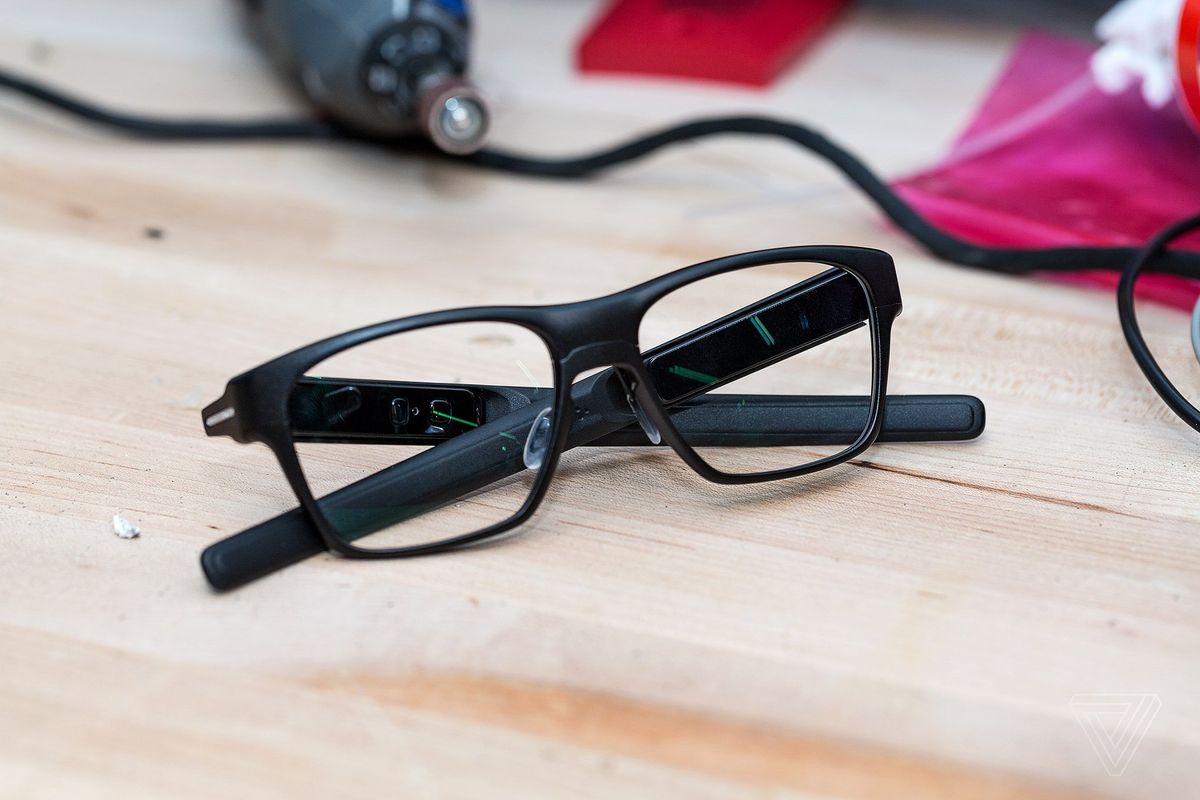
When you think of smart glasses, it's likely that Google's experimental face computer, Google Glass, with all of its hangups, is the first thing that pops into mind. Glass eventually failed to find its footing (outside of the enterprise space, anyway), but we've since seen more robust augmented- and virtual-reality efforts pop up with the likes of HoloLens and Windows Mixed Reality, among others. Now, Intel is looking to enter the space with Vaunt, smart glasses that look to keep things basic while serving up some information at a glance.
Vaunt is still very much in development, but The Verge recently got a look at what Intel is cooking up. Unlike Glass, Vaunt looks like a standard pair of glasses, which is the whole point. "We wanted to make sure somebody puts this on and gets value without any of the negative impact of technology on their head," Itai Vonshak, head of products at Intel's New Devices Group (NDG), told The Verge. "Everything from the ground up is designed to make the technology disappear." Despite appearances, Intel's Vaunt glasses are fitted with completely custom hardware. The electronics are housed inside of Vaunt's stems, but in such a way as to keep the frame flexible.
What makes the hardware particularly interesting, however, is how it displays information. A low-powered laser sits on the right side of the glasses and shines a monochromatic red image into a holographic reflector sitting by the right lens. The reflector then bounces the image, at a resolution of around 440 x 150, directly to your retina. And because the image is beamed onto your retina, it should always be in focus.
If the thought of a laser beaming into your eye is worrisome, Intel claims that Vaunt's is of such low power that it doesn't require certification. Further, the image isn't constantly being beamed into your vision. Rather, it disappears if you aren't looking directly at it, so you can't completely ignore information until you need it.
As for use cases, the types of information Vaunt may display are currently in flux. Things like walking directions and text or call notifications are obvious, but it will be up to developers to decide what experiences to create. Voice assistant integration with something like Alexa is a possibility, as are scenarios where you could quickly glance at contextual information about things around you, like ratings for restaurants.
It's unclear if or when we might expect to see Vaunt hit the market, but Intel at least appears to be exploring a path to market. Bloomberg recently reported that the company is seeking investors "who can contribute to the business with strong sales channels, industry or design expertise" for its augmented reality business. Intel isn't saying when Vaunt could make it to consumers, but Bloomberg's report claims that the company aiming to start offering smart glasses "as soon as this year."
For more, check out The Verge's in-depth hands-on.
Get the Windows Central Newsletter
All the latest news, reviews, and guides for Windows and Xbox diehards.
Dan Thorp-Lancaster is the former Editor-in-Chief of Windows Central. He began working with Windows Central, Android Central, and iMore as a news writer in 2014 and is obsessed with tech of all sorts. You can follow Dan on Twitter @DthorpL and Instagram @heyitsdtl.
